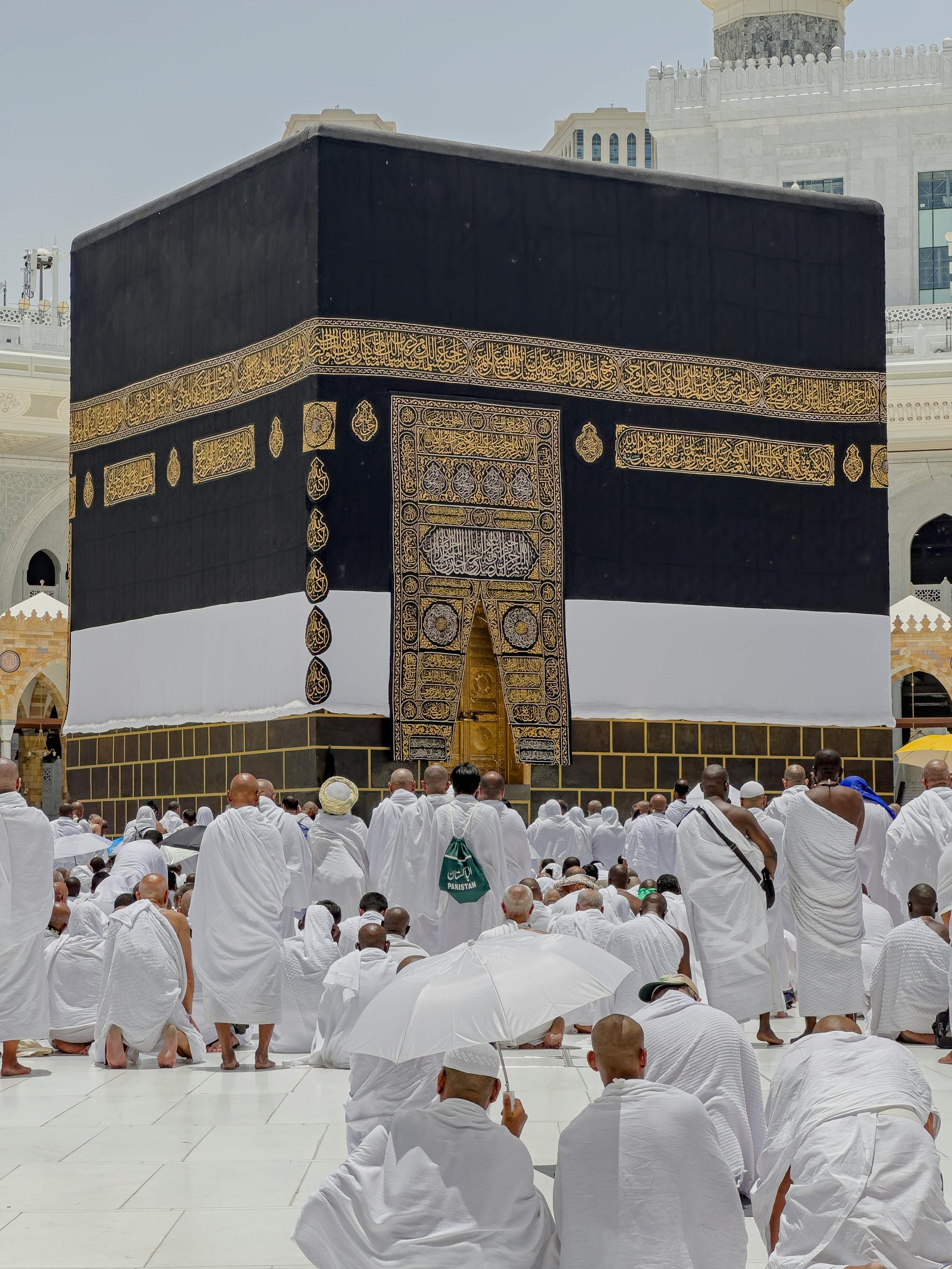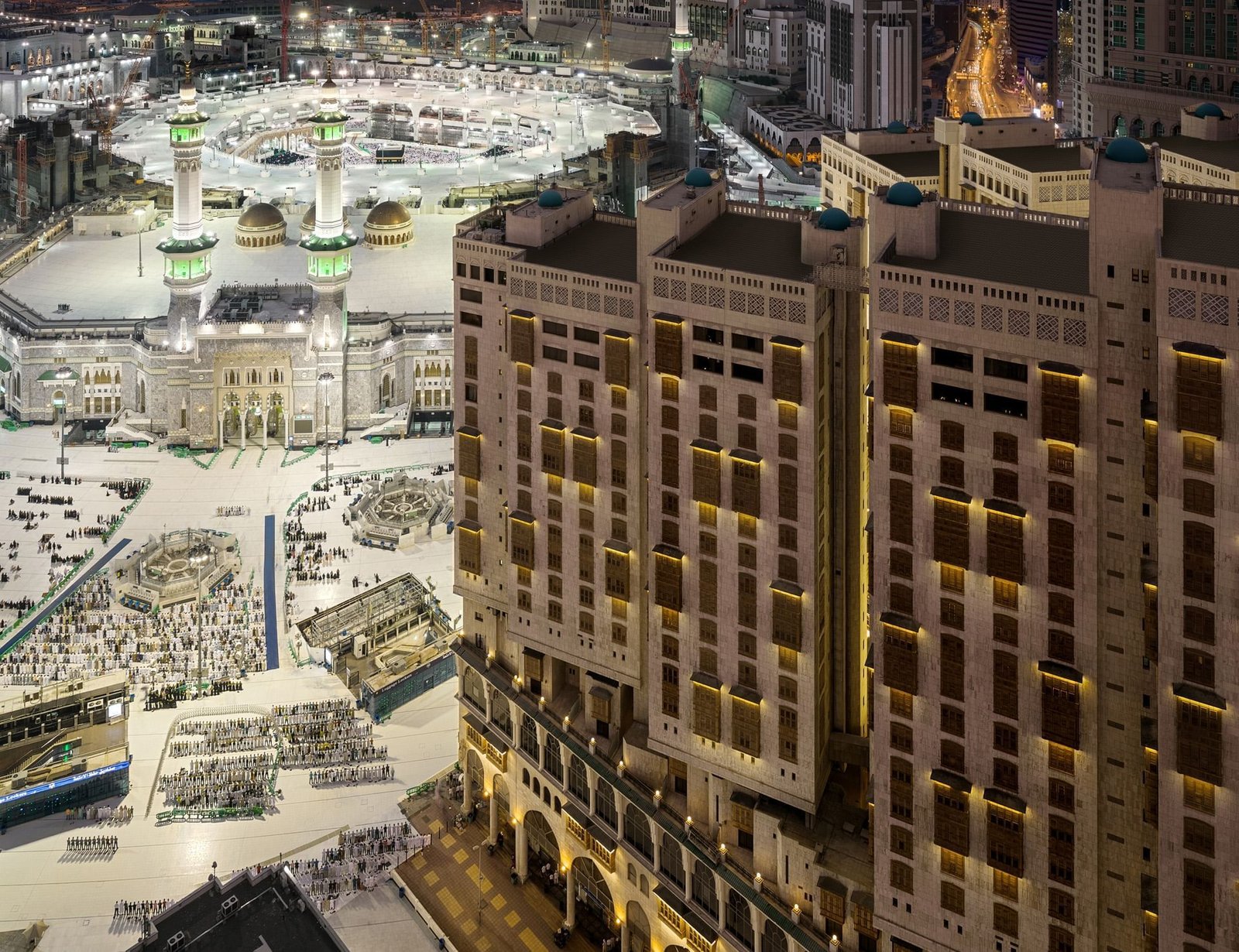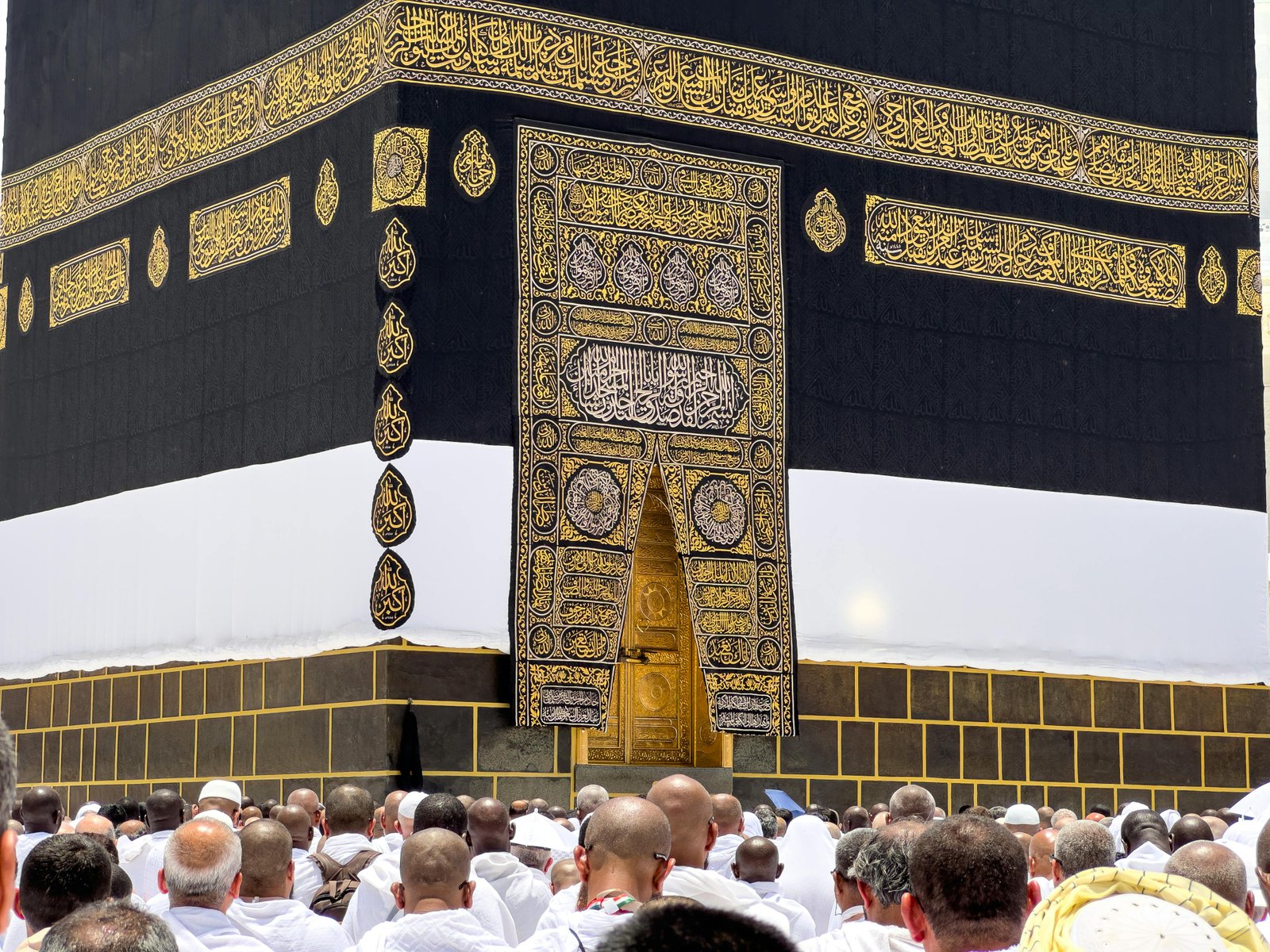Lessons for the Hajj
Al Hamdulillah, I got a chance to attempt Hajj when I accompanied my parents several years ago at the tender age of 17. Even though I was barely out of my teens, the experience of spending 21 days in the desert completing the time-honored rituals was thrilling, to say the least.
But as I grew up and moved on in life, I longed to perform my Hajj as an independent adult, to shun worldly life for a few days and immerse myself in trying to absorb the meaning and essence of this journey. Al Hamdulillah, Allah blessed me with that chance three years ago when I accompanied my husband on that year’s Hajj.
When we reached our hotel room after the Tawaf-Al-Ifadah (the Hajj tawaf) and the accompanying sa’ee, I collapsed on my bed. My wish had come true – I had performed another Hajj! Yet, several thoughts rankled my mind.
Had I completed all the rituals satisfactorily? Would my Hajj be accepted? The more I thought about it, the more I began to reflect on the rationale behind performing the rituals of Hajj. Why did Allah require us, believers, to visit His house once in a lifetime, circumambulate the Ka’bah, run between the hills As-Safa and Al-Marwa and meditate in Arafat and Mina? Surely there was a purpose behind these actions. What daily lessons was He trying to instill in us through the rituals of Hajj?
At that very moment, I decided to jot down all that I learned from my Hajj experience that year, the lessons that I took while performing tawaf and sa’ee, meditating in Mina/Arafat, spending time in Muzdalifah and stoning the Jamaat, in the hope of sharing what I learned. This is what I came up with:
Lessons of Tawaf
- Begin (anything) in Allah’s name.
- The Kabah is directionless, pointing to no particular direction. Yet just as we keep it as the center point of our tawaf, it directs us to keep religion as the center point, the focus of our lives.
- Strive in the sea of humanity, among people of different nations, colors, races, languages but maintain your own unique identity.
- Just as people from one end can push you (physically in tawaf), in life, they can mentally push your limits and test your patience, your knowledge, put limits on your time, your resources etc. Patiently put up with them – you will triumph in the end.
- Show compassion (by giving way) to the old and very young. Empathize with them. Treat them well.
- Protect women, young and old.
- As you hold fast to dua’as and dhikr during tawaf, hold fast to righteousness in your lives, all your lives.
- As you circumambulate, there are points when you can experience suffocation because of the crowds (I compare this to times of desperation, anxiety, worry, and frustration in life) but if you keep patiently persisting with prayer (as opposed to huffing, puffing and jostling your way forward), you will notice the crowd thinning out or a gap emerging from nowhere in front of you and that gives a release of fresh air, a breather and you feel refreshed, relieved from tensions and worries.
- Men and women are equal in the sight of Allah with equal responsibility and role in life as a Muslim.
- Simplicity in dress/appearance and purity of intention, heart and mind and body are obligatory for total purity in life.
Lessons of as’ee
- Where there is a will, there is a way – a demonstration of Hajar’s will, trust, and reliance on Allah, patience, and perseverance paid off with the shooting up of the stream of Zamzam for her child.
- Utmost trust and reliance on Allah at every point in life is crucial to success in this life and also for peace of mind.
- Equality between men and women in the sight of Allah with equal role and responsibility.
Lessons in Mina/Arafat/Muzdalifah
- Patience, when one’s needs/wishes are not met or get delayed.
- Equality among the sexes and with each other as we all use the same toilets, tents, bedding, and other general facilities despite our financial differences and family backgrounds.
- Learning to live in minimally-hygienic conditions or totally different conditions from what we are used to/brought up.
- Muzdalifah is training for death. You lie on the bare ground in minimum comfort wearing simple clothes, just like the clothes you wear when you will die and be buried.
Lessons of ramee
- When you give up the little pleasures of life for the sake of Allah, remember the sacrifice of Prophet Ibraheem and how he was ready to kill his son at the command of his Lord. How readily can we bring ourselves to attempt something similar??
- Fight evil/devil with all your might. It will be there to deter you at every turn of your life.
These were some of the thoughts that assailed my mind that contented morning. However, they weren’t the only lessons I picked up from this crash course in life that is the journey of Hajj.
During the four days of Hajj, we are thrown into a potpourri of cultures to witness so much that is so very different from what we are used to, but we endeavor to display our best behavior, just to please our Creator and earn His reward.
As the Quran says, “O mankind! We created you from a single (pair) of a male and a female, and made you into nations and tribes, that ye may know each other (not that ye may despise each other). Verily the most honored of you in the sight of Allah is (he who is) the most righteous of you. (Surah Hujjurat, Verse 13)”
From a worldly perspective, with all the luxuries and facilities that are available at so many people’s beck and call in this modern age, Hajj is proof of the fact that it is possible to live with the bare minimum: simple living, high thinking. Learning to live this way will lead to a de-cluttered, less materialistically oriented life.
By setting aside time to contemplate in quietness each day, Hajj is a time to pray together and also get prayed for. It is the ultimate test of our patients and an excellent teacher of tolerance, And, with travel as its backbone, Hajj broadens our understanding of religion and peoples and urges us to practice righteousness in our lives. For the specially-chosen guests of God each year, Hajj is a reminder that life may be a struggle in different ways but it always made easy with patience and with the help of prayer.
Hajj teaches us a great deal about life. In fact, the lessons from this marvelous journey are so numerous and so enlightening that I would urge all my Muslim brothers and sisters not to put it off till old age but to plan for this journey in their youth itself. May Allah help us to achieve this dream, Ameen!
Article by Patheos




